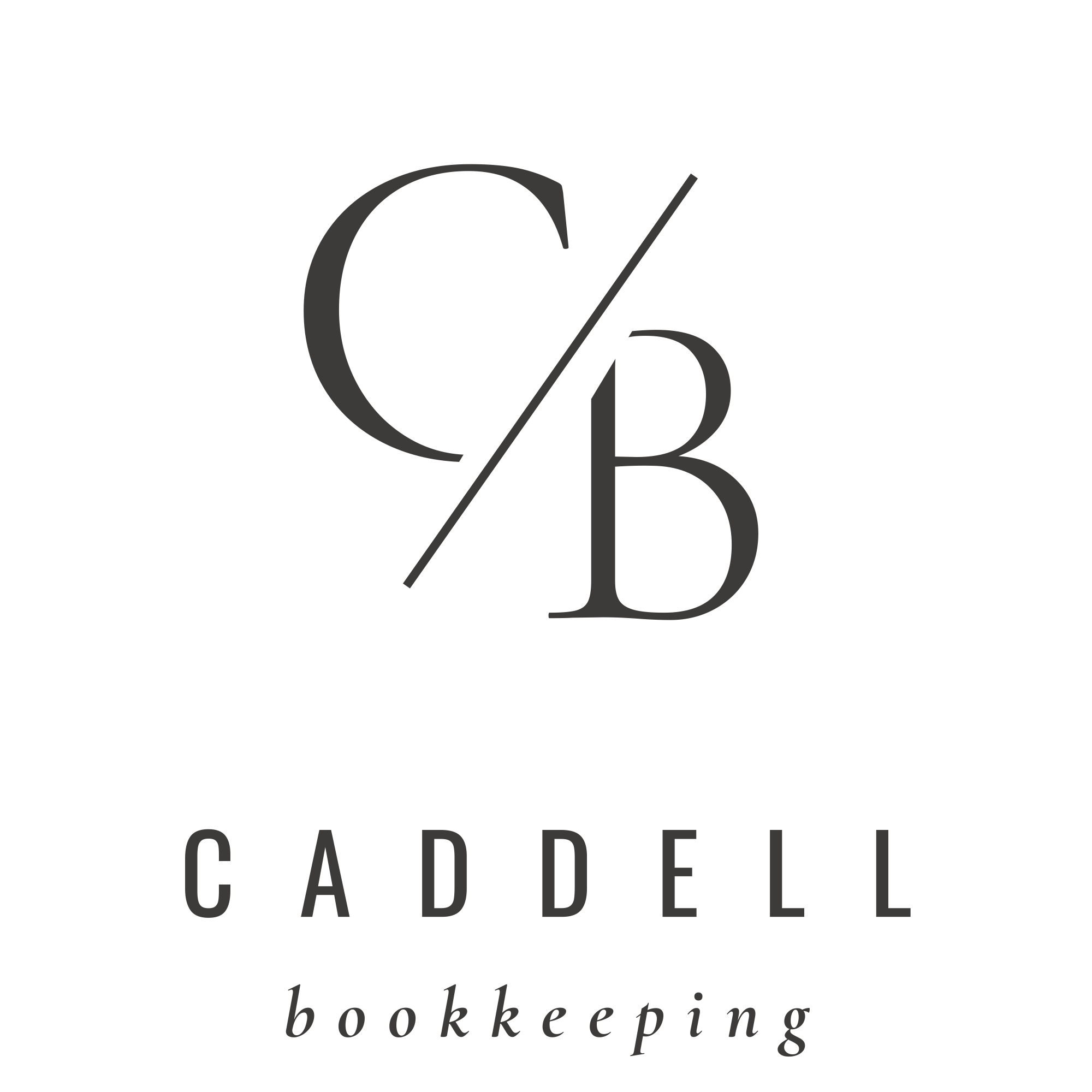Keeping your bookkeeping on track every month is key to running a smooth, stress-free business. Whether you handle it yourself or work with a professional, having a clear monthly bookkeeping checklist helps you stay organized, avoid costly mistakes, and make better business decisions.
In this guide, we’ll walk you through the essential bookkeeping tasks you should complete each month. Plus, we’ll share tips to simplify your process and resources to support your business growth.

Why A Monthly Bookkeeping Checklist Matters
Bookkeeping can feel overwhelming, especially when you’re juggling many responsibilities as a small business owner. But staying consistent with your bookkeeping tasks is crucial. Here’s why:
- Avoid surprises: Regularly updating your books helps you spot errors or discrepancies early, preventing bigger problems down the line.
- Save time and money: Staying organized reduces the time spent scrambling during tax season or when preparing financial reports.
- Improve cash flow management: Knowing exactly where your money is coming from and going to help you plan better and avoid cash shortages.
- Make informed decisions: Accurate financial data gives you the confidence to make smart business choices.
If you’d rather focus on your core business activities, professional monthly bookkeeping services can handle these tasks efficiently for you.
Essential Bookkeeping Tasks To Complete Each Month
Let’s break down the key steps you should include in your end of month bookkeeping checklist. These tasks are designed to keep your books accurate and up to date.
1. Reconcile Bank And Credit Card Statements
Reconciling means matching your bank and credit card statements with your bookkeeping records.
This task is vital because it:
- Confirms that all transactions have been recorded.
- Identifies any bank errors or fraudulent charges.
- Ensures that your cash balances are accurate.
How to reconcile effectively:
- Download your bank and credit card statements as soon as they’re available.
- Use your bookkeeping software (like QuickBooks Online or Xero) to compare transactions.
- Investigate any discrepancies immediately. Sometimes, it’s a missing receipt or a transaction entered twice.
- Mark the statement as reconciled once everything matches.
Skipping reconciliation can lead to inaccurate financial reports and surprises when tax time rolls around.
2. Record And Categorize All Transactions
Every dollar that comes in or goes out needs to be recorded and categorized correctly. This includes:
- Sales and income
- Expenses like rent, utilities, supplies, and marketing
- Loan payments or interest
- Owner contributions or withdrawals
Proper categorization makes your financial reports meaningful and helps you identify where you’re spending or earning the most.
Tips for accuracy:
- Keep digital copies of receipts and invoices attached to transactions in your software.
- Regularly update your chart of accounts to reflect your business activities.
- Avoid lumping multiple expenses into a generic category; be as specific as possible.
If this sounds time-consuming, consider outsourcing to bookkeeping services for small business specialists who understand your industry.
3. Process Payroll Accurately And On Time
Payroll is one of the most sensitive areas of bookkeeping. Mistakes here can lead to unhappy employees and penalties from tax authorities.
What to do each month:
- Verify employee hours, salaries, bonuses, and benefits.
- Calculate and withhold the correct taxes.
- Submit payroll taxes and filings on time.
- Keep detailed payroll records for compliance.
Using payroll software integrated with your bookkeeping system can simplify this process and reduce errors.
4. Review And Follow Up On Past Due Accounts
Unpaid invoices can hurt your cash flow and your business’s stability. Make it a habit to:
- Run reports to identify overdue invoices.
- Send polite reminders or statements to customers with outstanding balances.
- Follow up with phone calls if necessary.
- Consider offering payment plans for customers who need them.
If managing receivables is challenging, the Small Business Cash Flow Survival Guide offers practical advice on keeping your cash flow healthy.
Small Business Cash Flow Survival Guide – Get Your Free Guide
Feel like you’re always wondering if there’s enough money to cover what’s next? Our free guide tackles the cash flow headaches that keep small business owners up at night.

5. Manage Tax Obligations
Taxes can be complicated, but staying on top of your obligations prevents costly penalties.
Monthly tax tasks include:
- Paying payroll taxes (federal, state, and local).
- Filing any required sales tax returns.
- Tracking deductible expenses to maximize tax savings.
If you’re unsure about deadlines or amounts, working with a bookkeeping professional can ensure you stay compliant.
6. Update Vendor W-9 Information
Keeping your vendor records current helps with year-end reporting and tax filings. Each vendor should have an up-to-date W-9 form on file.
Review your vendor list monthly and:
- Request updated W-9s as needed.
- Confirm addresses and tax IDs.
- Remove inactive vendors to keep records clean.
7. Perform Month-End Closing
Closing the books means finalizing all transactions for the month so your financial reports are accurate.
Steps to close the month:
- Ensure all transactions are entered and categorized.
- Reconcile bank and credit card accounts.
- Review journal entries for adjustments or corrections.
- Lock the month in your bookkeeping software to prevent changes.
This step is an important part of your end of month bookkeeping checklist and sets the stage for accurate reporting.
8. Prepare And Review Monthly Financial Statements
Your financial statements provide a snapshot of your business’s performance.
Each month, generate:
- Income Statement (Profit & Loss)
- Balance Sheet
- Cash Flow Statement
Review these reports to:
- Compare actual results to your budget or previous months.
- Identify trends in income and expenses.
- Spot any unusual transactions or errors.
If you’re unsure how to interpret these reports, a bookkeeper or accountant can help explain what the numbers mean for your business.

How This Checklist Benefits Your Business
Following this monthly bookkeeping checklist offers many advantages:
- Keep your books accurate and audit-ready.
- Helps you avoid last-minute bookkeeping stress.
- Improves your ability to manage cash flow and expenses.
- Provides timely financial insights to guide decisions.
- Supports smoother tax filing and compliance.
If you want to save time and reduce errors, consider professional monthly bookkeeping services designed for small businesses like yours. For businesses that prefer less frequent support, our quarterly bookkeeping services offer a flexible alternative.
Tools And Software To Simplify Your Bookkeeping Tasks
Using the right tools can make your bookkeeping easier and more accurate. Some popular options include:
- QuickBooks Online: Widely used, user-friendly, and integrates with many apps.
- Xero: Cloud-based with strong reporting features.
- Keeper: Helps with document management and security.
- Doorloop: Ideal for property management bookkeeping.
- Bill.com: Simplifies bill payments and approvals.
- Bitwarden: Secure password management, important for protecting financial data.
Choosing software that fits your business needs can save you hours each month.

When To Consider Bookkeeping Clean Up Services
If your books are behind, disorganized, or inaccurate, it might be time for a refresh. Our bookkeeping clean up services can help you:
- Organize and correct past records.
- Reconcile accounts and fix errors.
- Set up processes to prevent future issues.
A clean set of books gives you peace of mind and a solid foundation moving forward.If you’re ready to get your bookkeeping under control or want expert advice, book a call with us.
Next Steps For Organized Bookkeeping
Staying on top of your bookkeeping each month doesn’t have to be stressful or complicated. Using this monthly bookkeeping checklist as your guide, you can keep your financial records organized, accurate, and ready for whatever comes next.
Remember, if you need support, Caddell Bookkeeping offers tailored bookkeeping services for small business owners in Charleston, SC. Whether you want full-service monthly bookkeeping or help with specific tasks, we’re here to help.
Frequently Asked Questions (FAQs)
What is the difference between monthly and quarterly bookkeeping services?
Monthly bookkeeping involves regular, detailed updates and reconciliations every month, keeping your books current. Quarterly bookkeeping is less frequent, with updates done every three months. Monthly services provide more timely data, while quarterly may be suitable for businesses with simpler transactions.
How long does it take to complete a monthly bookkeeping checklist?
For small businesses with 1-10 employees, completing the checklist typically takes a few hours each month. Using bookkeeping software and staying consistent throughout the month can reduce this time significantly.
Can I do my own bookkeeping or should I hire a professional?
You can do your own bookkeeping if you have time and basic knowledge. However, hiring a professional ensures accuracy, saves time, and helps you avoid costly mistakes. Many small businesses benefit from a hybrid approach-doing daily tasks themselves and outsourcing monthly reviews.
What are common bookkeeping mistakes to avoid?
• Not reconciling accounts regularly
• Mixing personal and business expenses
• Failing to keep receipts and documentation
• Ignoring overdue invoices
• Delaying bookkeeping tasks until tax season
How does bookkeeping help with tax preparation?
Accurate bookkeeping ensures your income and expenses are properly recorded, making tax filing easier and more accurate. It helps identify deductible expenses and ensures you meet all filing deadlines, reducing the risk of penalties.

